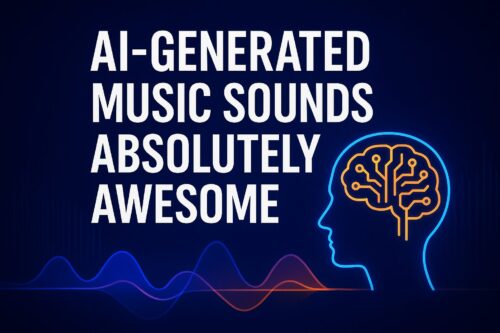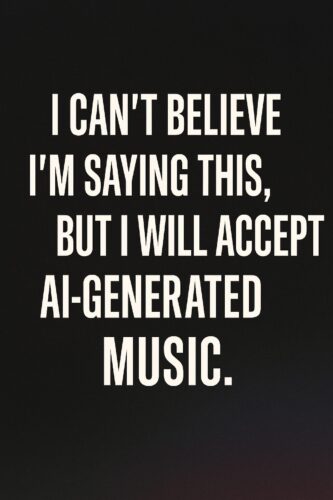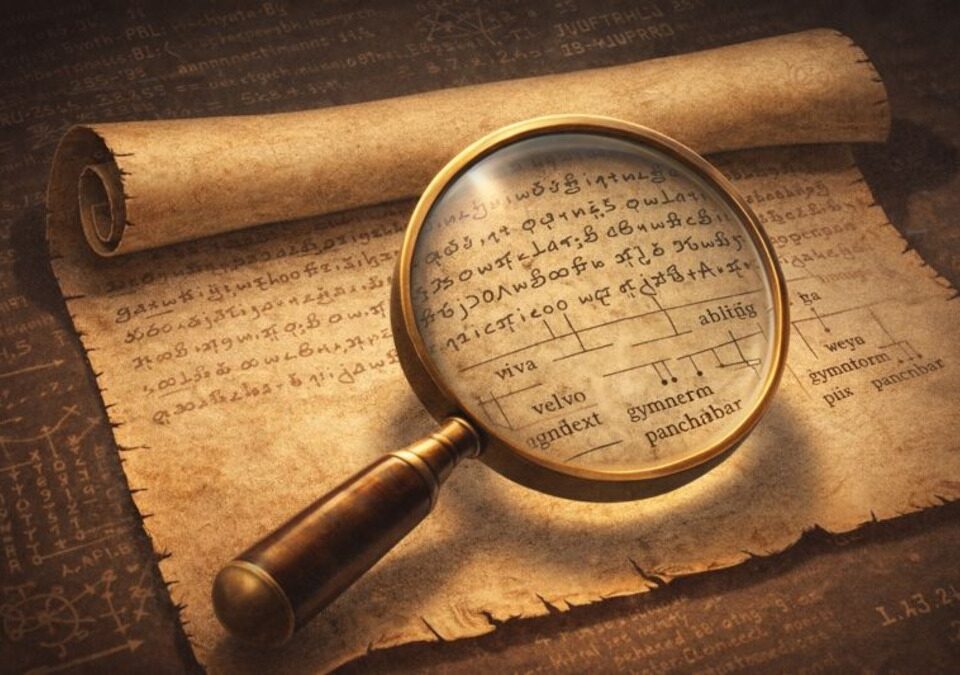
Boondoggle: Trillions Wasted on the Wrong Path to AGI
January 12, 2026
Google Gemini in Gmail: AI Inbox vs Privacy
January 12, 2026Music created by artificial intelligence has reached a level where it can stand alongside human-made compositions. What makes AI-generated music so impressive is its ability to analyze countless styles, genres, and techniques, then synthesize them into something both familiar and fresh. When you listen to a track made by advanced AI, it doesn’t sound robotic or flat; it carries the same emotional resonance, rhythm, and complexity you’d expect from a skilled human composer.
In fact, many listeners who hear AI-generated tracks for the first time, like I just did, are stunned to discover professional musicians didn’t craft them. The sound quality, emotional pull, and artistic depth are all there. AI has become a powerful creative partner, opening the door to a future where music feels boundless, blending human inspiration with machine precision seamlessly.
It’s truly astounding how far AI-generated music has come, blurring the lines between human and machine creativity to the point where it often sounds absolutely awesome and virtually indistinguishable from tracks composed by professional artists. Advanced algorithms, utilizing deep learning and neural networks, can now analyze vast musical datasets, learning the intricate rules of harmony, rhythm, and melody across countless genres, from classical symphony to modern electronic dance music.

The resulting compositions aren’t just random sequences of notes; they exhibit genuine musicality, often featuring complex arrangements, nuanced emotional phrasing, and production quality that rivals top studios. For the average listener, picking out the AI-crafted track from a playlist is becoming an impossible task. The music flows, it grooves, and it hits all the right emotional notes.
This technological leap means that unique, high-quality soundtracks, background music, and even catchy pop songs can be generated in moments, personalized to specific tastes or needs. The speed, variety, and sheer polish of AI-made music are making it a revolutionary force, proving that algorithms can indeed generate tunes that are not only technically proficient but also genuinely captivating and awesome to hear.
The evolution of AI-generated music represents a profound advancement in creative technologies, effectively challenging traditional boundaries between human ingenuity and computational processes. By leveraging sophisticated models such as generative adversarial networks (GANs) and transformer architectures, these systems distill patterns from expansive corpora of audio data, yielding outputs that demonstrate structural coherence, thematic depth, and expressive nuance.
This capability extends beyond mere replication, enabling the synthesis of novel compositions tailored to diverse applications, ranging from bespoke film scores to adaptive ambient tracks for therapeutic or immersive environments. As accessibility improves through platforms like Suno or AIVA, the democratization of music production accelerates, empowering creators across skill levels to iterate rapidly and refine ideas with unprecedented efficiency.
While ethical considerations, such as authorship and originality, warrant ongoing discourse, the aesthetic merit of these outputs is undeniable. They enrich our auditory landscape, fostering innovation that could redefine collaborative artistry in the years ahead. I came across this music on YouTube just by chance. I loved it, and when I started to search out information on the band, I learned there was no band, there were no instruments, there were no humans; Artificial intelligence made the music.

I could not deny how much I liked it, so I did an experiment and sent some of it to my friends and family, asking what they thought of the new band. I sent multiple songs. After my folks heard it, without exception, they loved it, and were then shocked to find out it was AI. I think if somebody is told before they hear it that it is AI, they will have a bias going into it, but when I sent it out as a blind experiment, I got 100% positive feedback on the music. Because of this, I can’t believe I am saying this, but because of this, I will accept this form of music.
Amazon Book:
Copyright © 2025 “This blog emerged through a dialogue between human reflection and multiple AI systems, each contributing fragments of language and perspective that were woven into the whole.”


